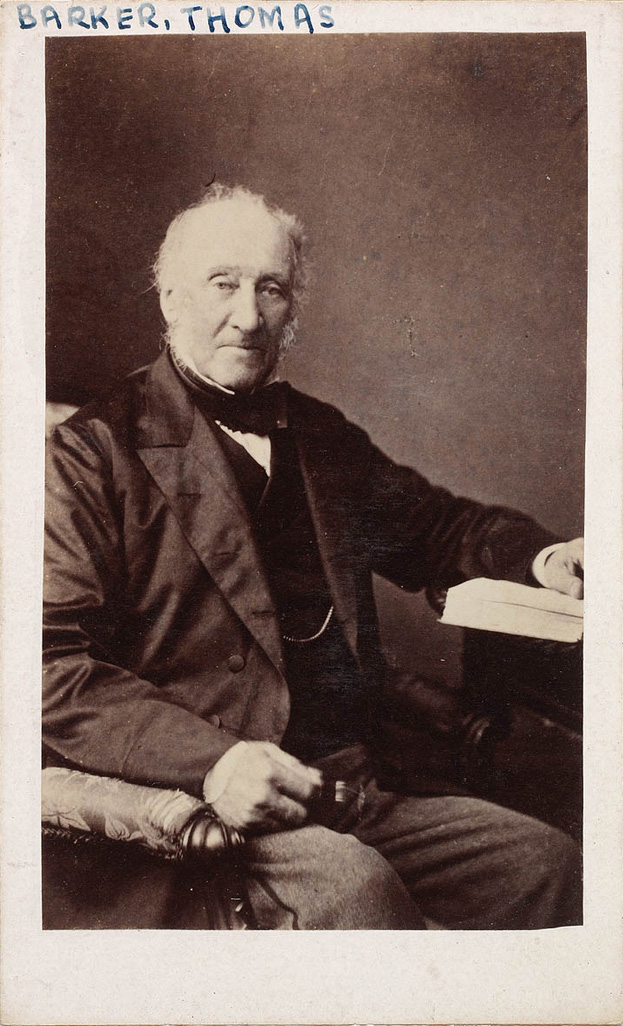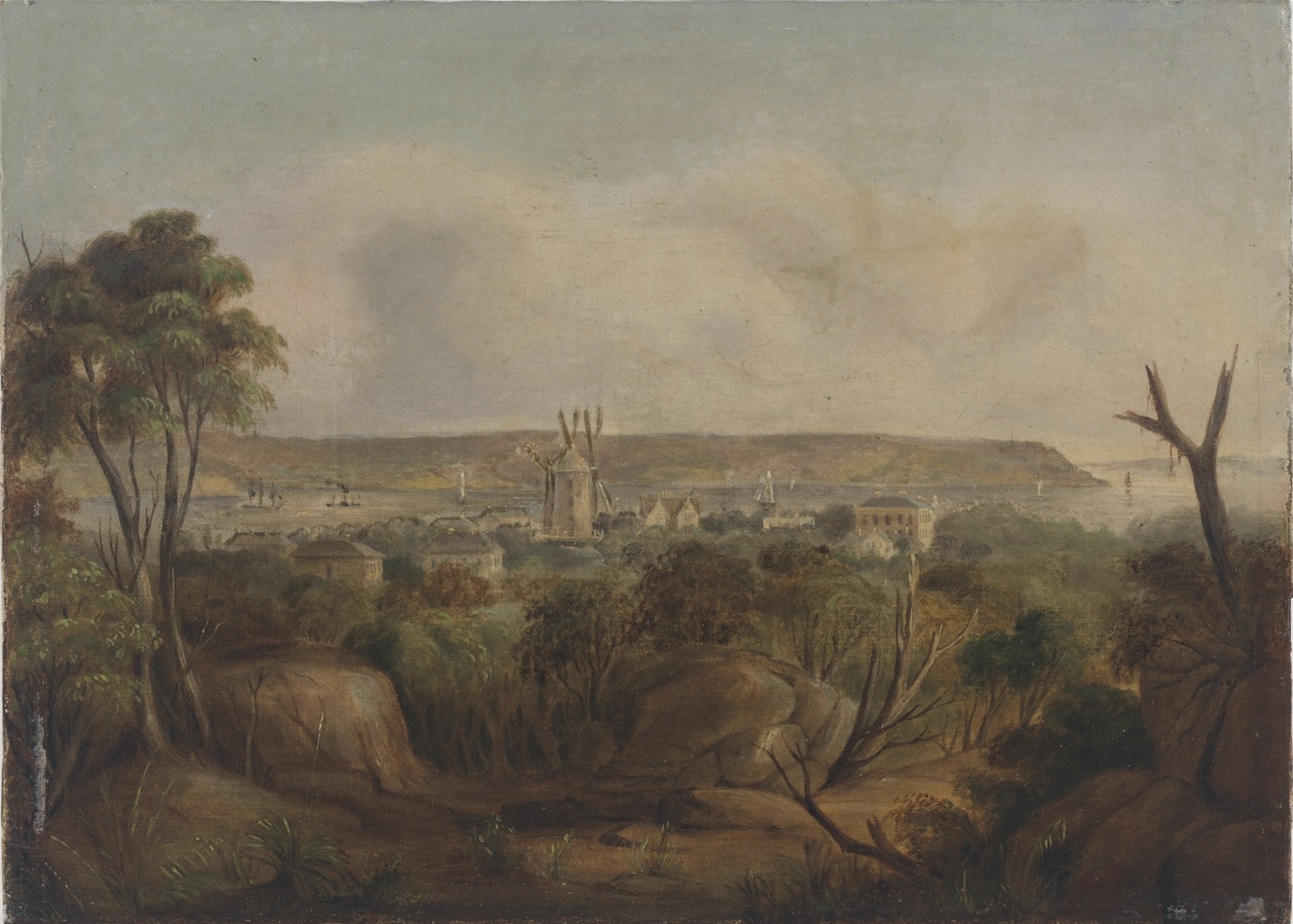The Dictionary of Sydney was archived in 2021.
Barker, Thomas
Citation
Persistent URL for this entry
To cite this entry in text
To cite this entry in a Wikipedia footnote citation
To cite this entry as a Wikipedia External link
Barker, Thomas
[media]Orphaned when he was only nine years old, Thomas Barker came to Sydney in October 1813 with his guardian John Dickson, an engineer, to whom he was apprenticed. Dickson arrived in the colony with the equipment and tools to set up a steam engine, which he built on land granted to him at Cockle Bay (Darling Harbour).
[media]Following his apprenticeship, Barker established his own business, initially constructing a windmill on Woolloomooloo Hill in 1826. He then expanded into steam-powered flour milling and cloth mills, with extensive premises near the corner of Sussex and Bathurst streets.
Barker became a wealthy and successful businessman and landowner, with farming interests on the Goulburn Plains and an estate at Bringelly. In 1833 he bought 16 acres (6.4 hectares) at Darling Point where he built the palatial Roslyn Hall, which stood where Roslyn Street, Rushcutters Bay, is today.
Barker was also a prominent figure in public affairs. He promoted the expansion of railways in the colony, involved himself in banking (he was a trustee of the Savings Bank of New South Wales for almost 40 years) and was a member of the Legislative Council from 1853 to 1856. He was active in the promotion of education and was an early benefactor to the University of Sydney. He was also a noted philanthropist and founded the Destitute Children’s Asylum.
Barker died on 12 March 1875 and is buried in St Stephen’s churchyard, Newtown.
References
GP Walsh, 'Barker, Thomas (1799–1875)', Australian Dictionary of Biography, vol 1, Melbourne University Press, Melbourne, 1966, pp 57–58




